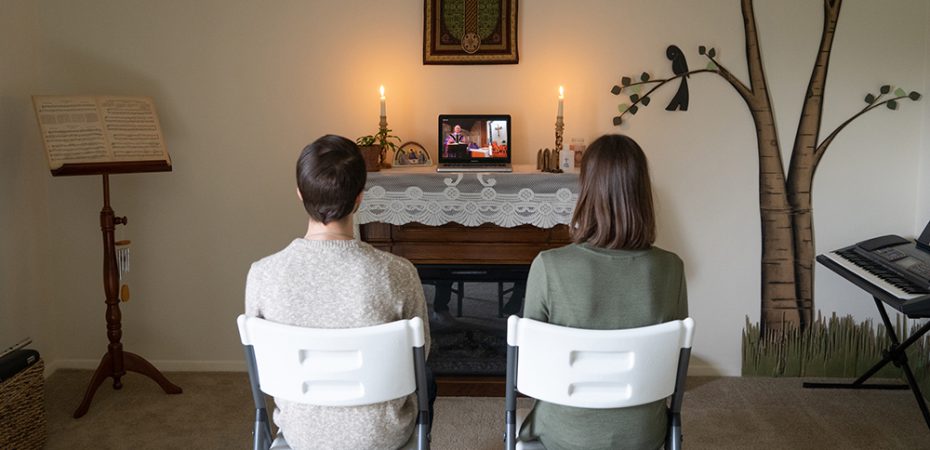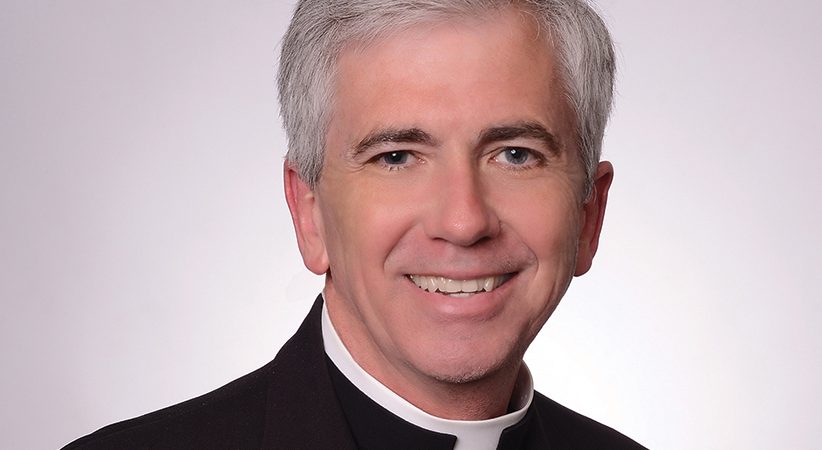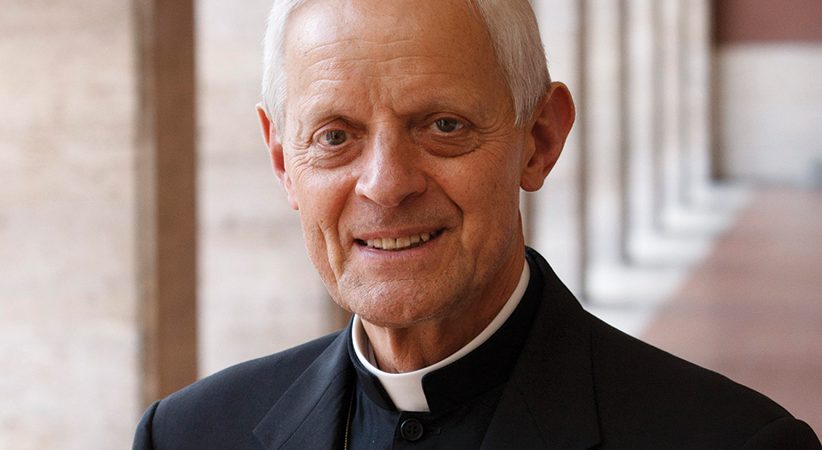Finding Positives In a Crisis
Will online broadcasts introduce new people to Mass, supplement weekly worship or make it irrelevant and obsolete?
Father Michael White Comments Off on Finding Positives In a Crisis
 Sudden crises have a way of accelerating disruptive trends. The changes we have been putting off for so long tend to become obvious when we are faced with an overwhelming, existential threat. This moment in time is no different. The fallout from the COVID-19 pandemic has forced parishes and other Church institutions to embrace many changes that we once thought were incongruent with our mission. Innovations like livestreamed Masses, remote work and online communities, driven by social media, are here, and they’re here to stay.
Sudden crises have a way of accelerating disruptive trends. The changes we have been putting off for so long tend to become obvious when we are faced with an overwhelming, existential threat. This moment in time is no different. The fallout from the COVID-19 pandemic has forced parishes and other Church institutions to embrace many changes that we once thought were incongruent with our mission. Innovations like livestreamed Masses, remote work and online communities, driven by social media, are here, and they’re here to stay.
At our parish, the crisis has finally put an end to one of the most intense ongoing debates we have had internally among our leadership team: the role of online services. What does it mean to have an online “campus”? Is it even church? Does it “count”? The current crisis has forced us to ask new questions like: Is this just an emergency measure or will online church continue indefinitely? What will happen to physical church attendance in the “new normal”?
This debate is especially fraught in our Catholic context, which understands the Mass and the accompanying holy Communion as the real presence of Christ. To partake of this presence and the benefits it brings, including union with Christ and nourishment for the soul, a literal real presence is obviously required. Any online service that proposes a virtual presence would be, by reason, impossible.
And yet, Mass has been broadcast on radio and television since their inception. Clearly, the Church has seen the value of spiritual experiences and exercises that are not live and in-person events. Surely it can be conceded that participation by “hearing” Mass, offering prayer, worshiping through music and listening to the Scriptures has inherent value even if Communion is not received. In fact, many people go to Mass all the time and choose to partake in a spiritual communion for various reasons.
The debate actually concerns whether broadcasting church online serves as a “front door,” a “side door” or a “back door” to church commitment. Will people grow as disciples, or are they just coasting along online, or is it an easy way out, encouraging people to give up on church altogether. In other words, will online broadcasts introduce new people to Mass at church, supplement weekly worship or make it irrelevant and obsolete?
As evangelical pastor Carey Nieuwhof notes in a recent blog, online as a back door has been shrinking in the experience of most churches. These consumer-oriented and disengaged churchgoers were already on the way out — online church just speeds up the process and makes it more efficient, less messy. It is true that some number of online viewers are just coasting along with little or no commitment. But given that most “regulars” at your church are only twice-a-month in-person attendees, the online experience can keep them connected too, which is going to translate into more engagement and greater commitment.
Meanwhile, an online campus as a front door for newcomers is a growing experience according to Nieuwhof’s research. If the broadcast is of good quality, if your broadcast is interactive with viewers, if everything is done with the unchurched in mind, the online experience can serve as an effective ongoing invitation to come to church.
Meanwhile, our online broadcasts, to our surprise, have become a side door for the homebound and elderly, who otherwise would lose their connection to their parish. One delightful development we saw just this year has been “watch parties” that have sprung up in various retirement communities and assisted care facilities here in our parish.
The COVID-19 quarantine quickly established our online campus as our only presence in our community. The experience has taught us that online church is church introductory to or complementary to the celebration of Mass at church. And it can be a parish’s greatest potential for growth.
Many of us have been pushed into massive change that we never signed up for. And, as much as we wish things would go back to normal, they probably won’t. But, no matter what happens, our mission remains unchanged. We are still called to love God, love others and make disciples.
FATHER MICHAEL WHITE is pastor of Church of the Nativity in Timonium, Maryland, co-author of “Rebuilt” and the newly released book on church financing, “ChurchMoney” (Ave Maria Press, $16.95).





